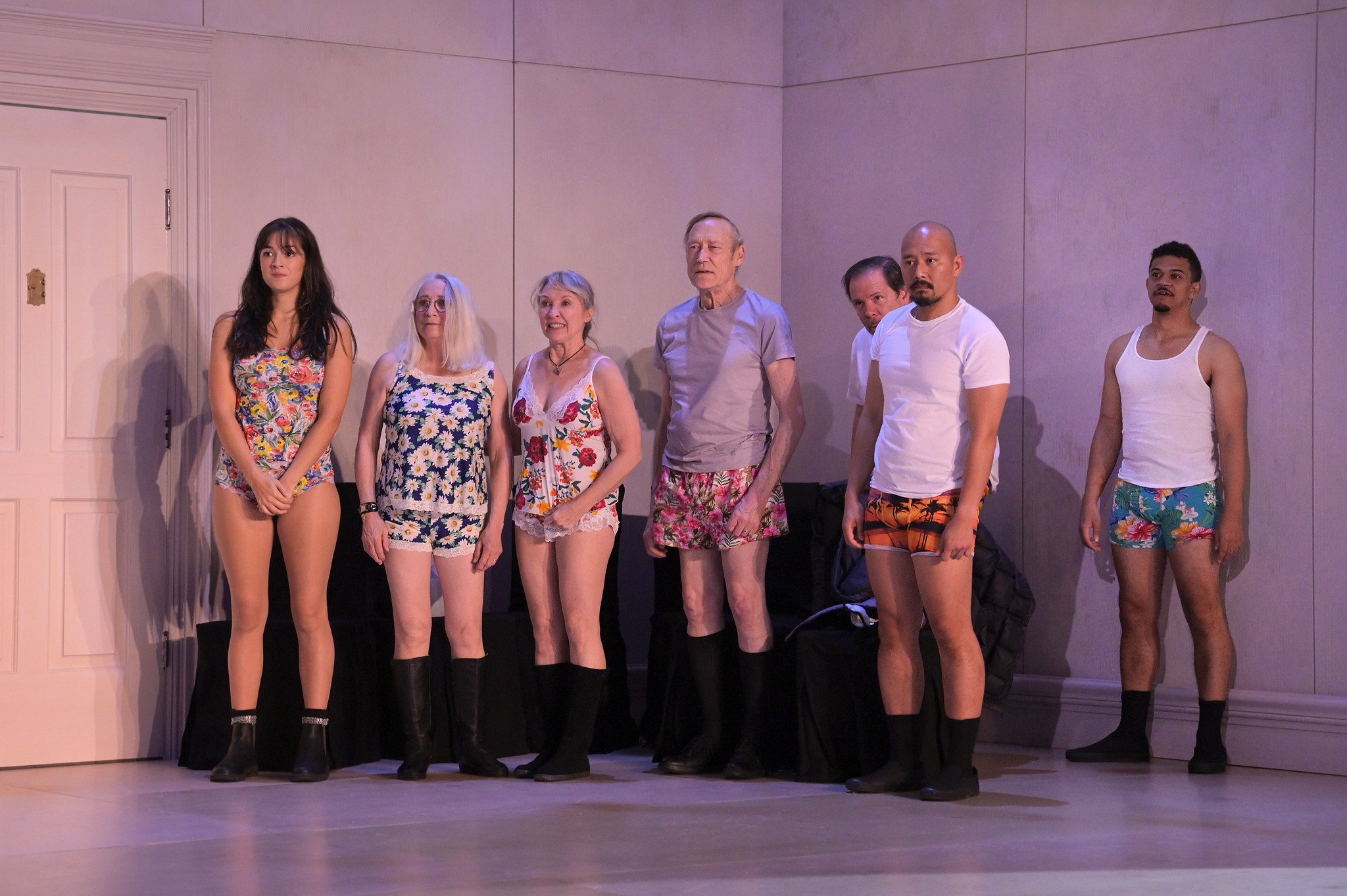
Catching up with Colette & Cyrano
So many shows, so little time!
Herewith, a petite voyage to France, first to check in with the writer Colette and then to catch up with the swashbuckling Cyrano de Bergerac. I reviewed both Colette Uncensored at The Marsh, a solo show starring and co-written by Lorri Holt (with Zack Rogow, and Cyrano, a new adaptation of Rostand's tale at TheatreWorks Silicon Valley for the San Francisco Chronicle.
In praise of Anthony and Sharon and Lorri and Spike
If you spend any time at all going to theater in the San Francisco Bay Area, you soon see that we have some extraordinary homegrown talent populating our local stages. That's not empty boosterism – rah, Bay Area! – but something nearing actual fact – rah, working Bay Area actors in it for the long haul! In just the last month or so, Marin Theatre Company, TheatreWorks, Aurora Theatre Company, American Conservatory Theater and Magic Theatre have opened their seasons with at least one dazzling, shake-your-head-in-wonder performance by a Bay Area actor.
Now Berkeley Repertory Theatre gives a triple scoop of local actor goodness in Vanya and Sonia and Masha and Spike, the local premiere of Christopher Durang's Tony Award-winning comedy.
Dating sharp, funny, creepy Becky Shaw at SF Playhouse
The humor is in direct proportion to the discomfort in Gina Gionfriddo's Becky Shaw, now in its West Coast premiere at SF Playouse.
If David Mamet were good at anything other than provocation and crisp dialogue, he might write something as entertaining and as distressing as Becky Shaw, a smart, incisive and very funny play that, despite its lack of focus, makes for a beguiling evening of theater.
By lack of focus I mean that Gionfriddo doesn't delineate protagonist or antagonist. Even though the title of the play belongs to one character, the playwright's aim seems much broader – like how power works between family members, between men and women and between the seemingly weak and the seemingly strong. She's interested in highly functional dysfunctional people, which is to say, just about everybody.
Magic sends tingles through Chafee’s Body
"Once you start to ask," Eleanor says, "there are more questions than answers." Not a surprising statement in a play whose title, Why We Have a Body promises an answer to an implied question. And as Eleanor warns us, once those questions start forming, the answers, they keep multiplying.
Claire Chafee's wonderfully enigmatic play is back at the Magic Theatre to open its 45th anniversary season with a look backward before heading into a season of newer plays. Body is being called a "legacy revival" because it was a huge hit for the Magic in 1993, running for six months and winning a passel of awards. What a welcome return it is.
In the nearly two decades since the play's premiere, it has lost nothing in its sense of humor, sense of mystery and sense of, well, sensuality.
Chafee's is an intellectual world – people living in their heads, in their pasts (the phrase "when I was a child" crops up a lot), in a perpetual state of perplexity – but that world is sliced through by a sharp comedy derived from family fractures and psychological scars.
Heavenly Angels exhibit takes wing
The millennium approached, then quickly fell behind us. Time marches on, but Tony Kushner's Angels in America remains a landmark achievement of 20th century theater.
The legacy of the play that got its start at San Francisco's Eureka Theatre is on display at the Museum of Performance and Design, one of San Francisco's best kept museum secrets. The exhibit hall may be filled with memorabilia from Angels' humble beginnings on a red Formica table filled with scribbled-in notebooks to its domination of world stage (with the Pulitzer Prize and international posters to prove it), but what you really feel in this display is the extraordinary power of theater.
It doesn't happen very often, but when a play or a musical really taps into the American psyche, imaginations are ignited and artists are pushed to do work they didn't know they could do. MPD's curator of exhibitions and programs, Brad Rosenstein, has created a testament to the evanescence of theater. Plays may come and go, but sometimes in their wake, the world changes.